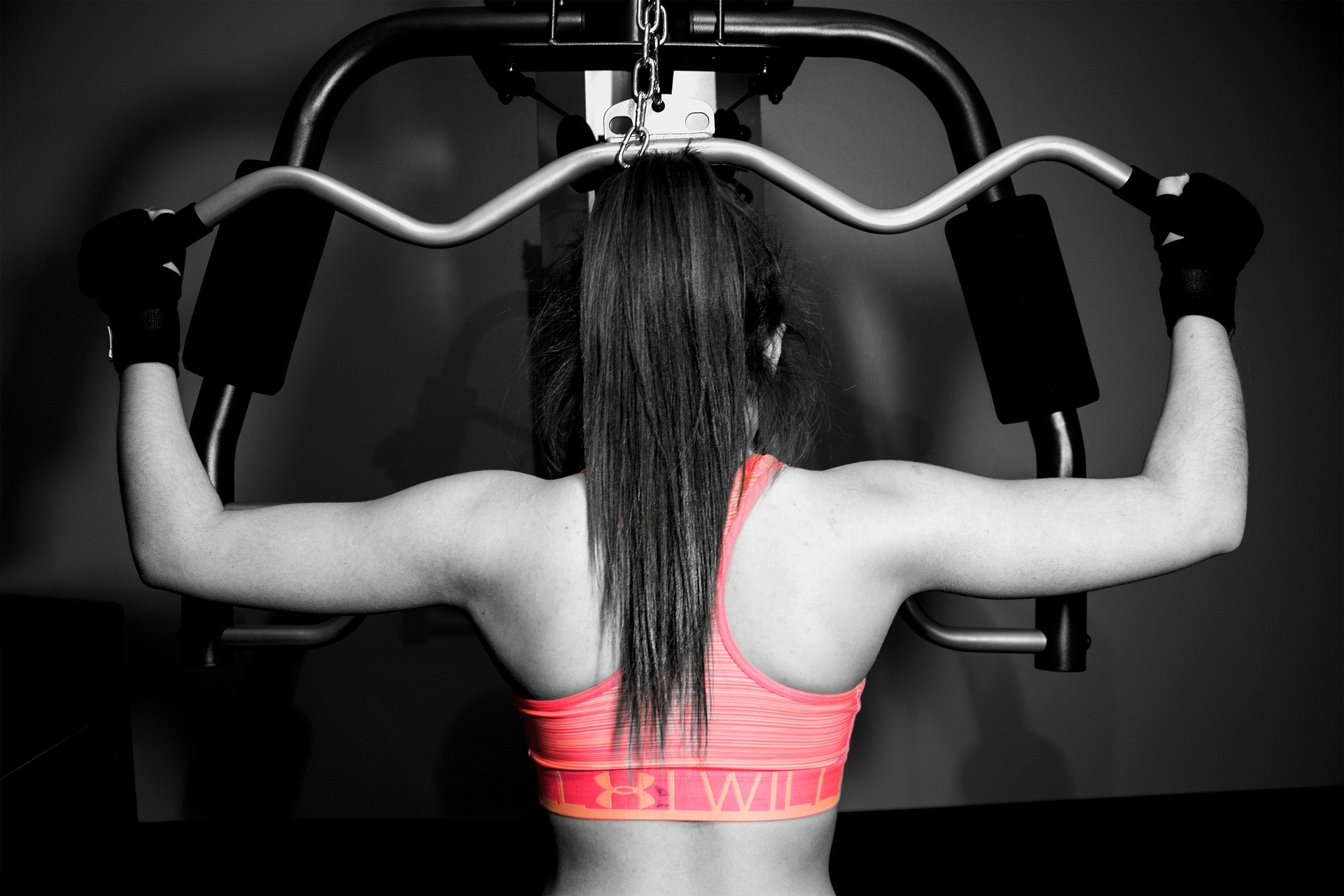Fitness training is a popular topic that is often surrounded by myths and misconceptions. These myths can be harmful and prevent people from reaching their fitness goals. In this article, we will debunk five common myths in fitness training.
Myth #2: Women Need To Train Differently Than Men
The idea that women need to train differently than men is a myth. While there are some differences in physiology between the sexes, women can benefit from the same types of exercises and training programs as men. Women should focus on building strength, increasing endurance, and improving overall fitness just like men. The only difference is that women may need to adjust the weight and intensity of the exercises to their individual fitness level.
Myth #2: There’s Such a Thing as “Good” and “Bad” Food
The idea that there are “good” and “bad” foods is a myth. All foods can fit into a healthy diet in moderation. It’s important to focus on balance and variety in your diet and to prioritize nutrient-dense foods, such as fruits, vegetables, lean proteins, and whole grains. However, it’s also important to allow yourself to enjoy your favorite foods in moderation.
Myth #3: Eating a Low Carb Diet Is Best for Fat Loss
The idea that a low carb diet is best for fat loss is a myth. While reducing carb intake can help with weight loss, it’s not the only way to achieve this goal. It’s more important to focus on creating a calorie deficit by reducing overall calorie intake and increasing physical activity. It’s also important to prioritize nutrient-dense foods and to choose carbs that are high in fiber, such as fruits, vegetables, and whole grains.
Myth #4: Women Need to Perform a Lot of Cardio to Be Fit
The idea that women need to perform a lot of cardio to be fit is a myth. While cardio is important for cardiovascular health and calorie burn, it’s not the only type of exercise that women need to do. Women can benefit from a combination of strength training, cardio, and flexibility exercises to improve overall fitness and health. Strength training is especially important for women, as it helps to build and maintain muscle mass, which can improve metabolism and overall health.
Myth #5: Women Shouldn’t Take Creatine
The idea that women shouldn’t take creatine is a myth. Creatine is a natural compound that is found in muscle cells and can help to improve performance during high-intensity exercise. While some women may be concerned about taking creatine due to fears of bulking up or experiencing negative side effects, research has shown that creatine supplementation is safe and effective for both men and women.
Myth #6: Women Don’t Need to Eat as Much Protein
Finally, another myth in fitness training is that women don’t need to eat as much protein as men. While women may have different protein requirements than men, due to differences in muscle mass and body composition, protein is still an essential nutrient for women’s health and fitness. In fact, protein is important for building and maintaining muscle mass, improving recovery after exercise, and supporting overall health. Women should aim to consume a moderate amount of protein with each meal, such as lean meats, eggs, beans, and nuts.
In conclusion, fitness training is an important aspect of a healthy lifestyle, but it’s important to be aware of common myths and misconceptions. Women don’t need to train differently than men, there are no “good” or “bad” foods, low carb diets aren’t necessary for fat loss, women don’t need to perform a lot of cardio to be fit, and women can safely take creatine. By focusing on evidence-based strategies and debunking common myths, you can achieve your fitness goals safely and effectively.





